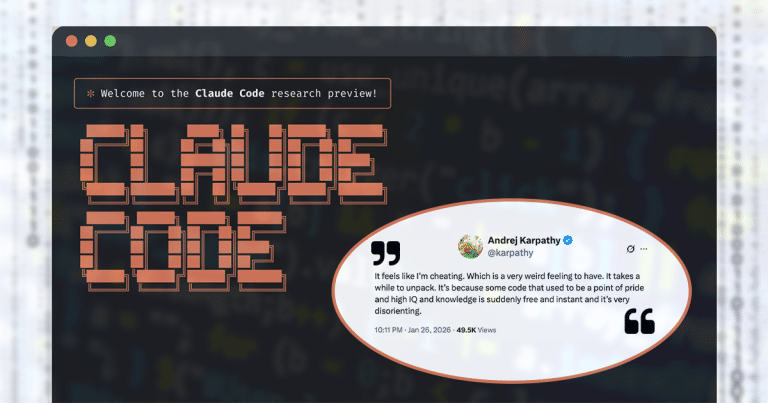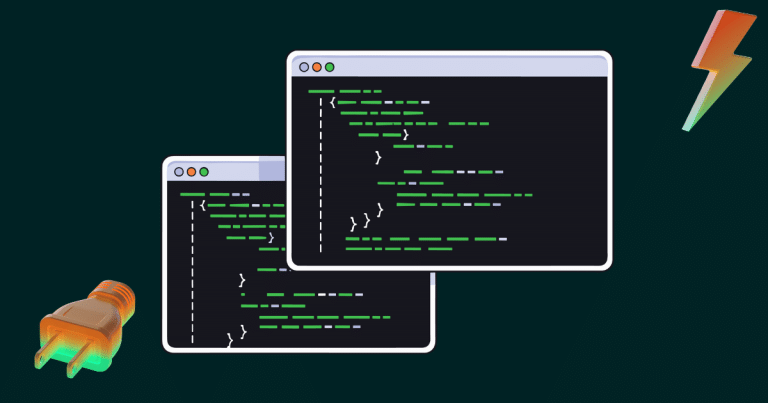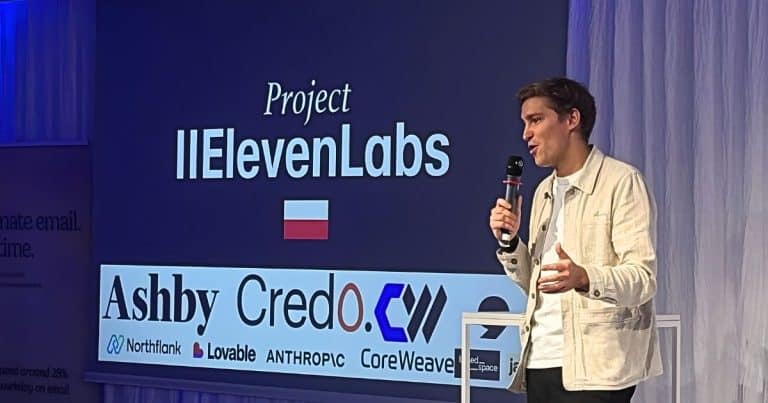This CTO Says 93% of Developers Use AI, but Productivity Is Still 10%
I was in the room at this year’s Pragmatic Summit when Laura Tacho dropped the numbers: nearly all developers use AI coding assistants, over a quarter of production code is AI-written - and yet productivity gains haven’t budged past 10%.












